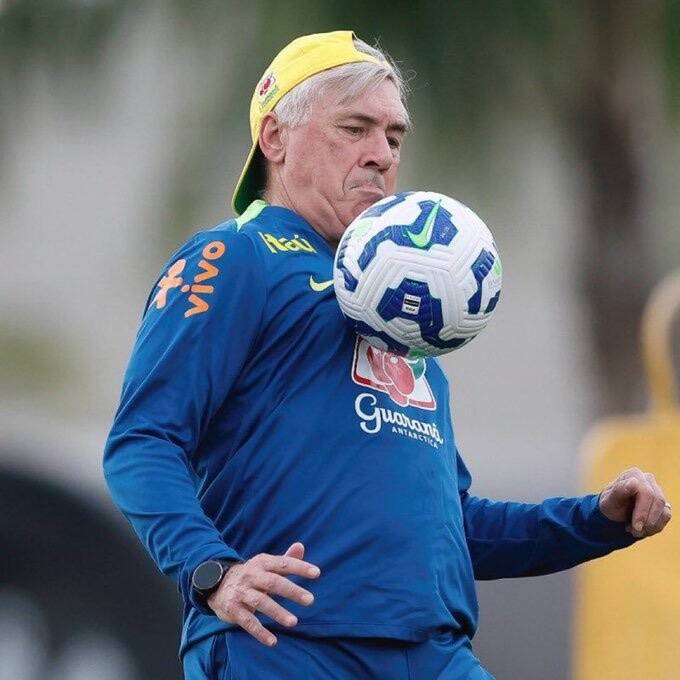A Spanish court has sentenced Brazil head coach Carlo Ancelotti to a one-year suspended jail term.
This ruling followed charges of tax evasion related to his image rights earnings from 2014, during his time managing Real Madrid.
The amount involved totals €386,361.93 in undeclared income. However, because Spanish law suspends sentences under two years for non-violent, first-time offenses, Ancelotti will not serve prison time.

Additionally, the court imposed a financial penalty equal to the unpaid tax. This raised his total legal obligation to more than €770,000. The case signals a serious, yet resolved, financial breach.
Authorities dropped similar charges concerning 2015. Ancelotti had already left Spain by May of that year following his dismissal by Real Madrid, meaning he did not meet the residency threshold for taxation in Spain.
Tax evasion pattern among football’s elite
The ruling fits into a wider pattern involving several top football figures who faced similar accusations in Spain.
Names such as Lionel Messi, Cristiano Ronaldo, and José Mourinho have all confronted image rights-related tax claims in recent years.
In Ancelotti’s case, prosecutors originally alleged he avoided more than €1 million in taxes between 2014 and 2015.
ALSO READ:
- Preview of top games across European leagues
- Champions League: Ancelotti wary of Super Eagles striker Victor Osimhen’s threat
- Winning on and off the pitch – Carlo Ancelotti bags Master’s Degree
- Real Madrid send Chelsea out of Champions League
They argued that he used offshore companies to channel earnings and avoid paying the Spanish government.
Yet, the court only upheld the charge for 2014. Judges found insufficient legal grounds to convict him over the 2015 earnings.
Ancelotti’s relocation to London, where he accepted a role post-Madrid, factored heavily in the acquittal.
Before sentencing, Ancelotti paid the full amount owed. He completed the payment by December 2021.
Early compliance likely influenced the court’s decision to suspend his sentence and limit further sanctions.
During court proceedings, Ancelotti insisted he never aimed to deceive Spanish authorities.
He maintained that he trusted financial advisers who structured his income agreements. According to him, such practices were standard within the football industry.
In earlier public statements, Ancelotti expressed frustration at the accusations. He said he trusted the legal process and expected justice to prevail.
His legal team argued that no criminal intent existed, only a misinterpretation of complex tax laws.
Despite the court ruling, Ancelotti’s coaching job with the Brazil national team remains intact.
This offense took place before his appointment and does not impact his current position or standing with the football federation.
Ancelotti’s legal issue now appears resolved. Nonetheless, the matter reinforces that fame in football comes with significant financial responsibilities.
For all its prestige, the sport demands compliance not just on the pitch—but also off it.